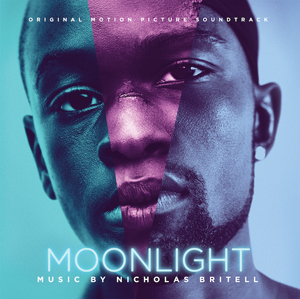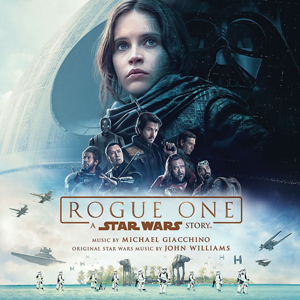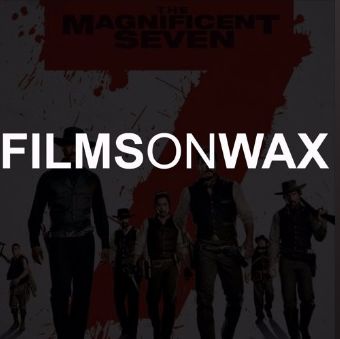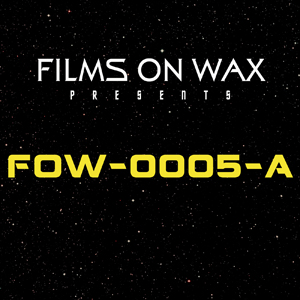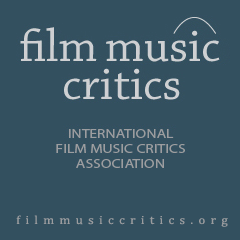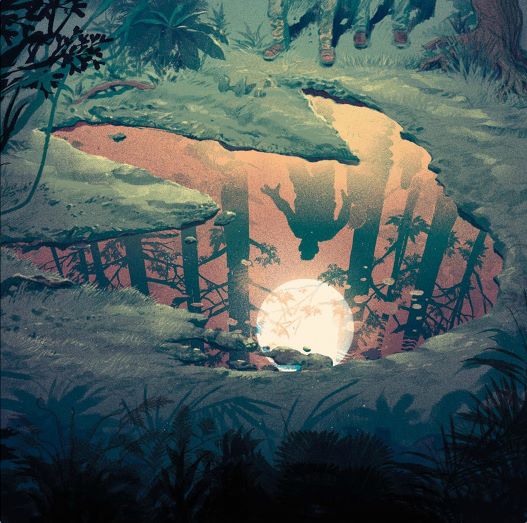
Going Rogue: A Star Wars Soundtrack Story
By Charlie Brigden
People have been waiting with trepidation ever since Disney announced they were making spin-off Star Wars pics under the banner A STAR WARS STORY, but now the first one is here, and after a couple of behind-the-scenes music changes – Alexandre Desplat was replaced by Michael Giacchino – ROGUE ONE has launched.
Notable and controversial for being the first in the franchise not to be scored by John Williams, all eyes are still on Giacchino for how much of the beloved original music returns with the credits and the album cover stating a big “Original Star Wars Music By JOHN WILLIAMS”, but it’s not a lot. Giacchino was never going to go the Ken Thorne way and Lucasfilm would not have hired a composer like him to do that, but there are several reprisals of themes from the original trilogy, with several Imperial motifs making their sophomore appearance since 1977’s STAR WARS (aka A NEW HOPE). Giacchino is able to weave these in deftly, giving them the celebratory referentiality the fans want while still making sure they’re narrative-relevant.
Several new themes are created for the film, a vulnerable yet spirited theme for lead character Jyn Erso, an appropriately propulsive yet somewhat superficial march for villain Krennic, a beautiful spiritual choral piece for the “Guardians of the Whills” – Baze and Chirrut – as well as an inspiring theme called ‘Hope’ that begins with the same pair of climbing notes that open the Star Wars main title. It’s sparingly used, but when it does come up, for example tenderly in ‘Rebellions Are Built On Hope’, it sounds beautiful. These themes are also expanded in severeal suites at the end of the album.
Giacchino’s thundering action music is present from the beginning, with the jarring stinger that opens the score leading to urgent strings under a bubbling, threatening tuba in ‘He’s Here For Us’ – the opening of the track (and film) has a very short but very obvious homage to the first shot of Tatooine and the mysterious woodwinds in the 1977 score – and there’s a brief introduction to Jyn’s theme. The Hope theme gets a short but big run-out in ‘A Long Ride Ahead’ for the title card, a big fanfare mode designed to evoke that famous crawl that doesn’t appear in this picture. Jyn’s theme gets some lovely play in ‘Trust Goes Both Ways’, playing in counterpoint at one point with the Force theme, and it goes big and romantic, which makes for a wonderful moment.
Jyn’s theme really dominates a lot of the score, understandably given this is her story. A wonderfully emotional rendition on piano and strings is in ‘Star-Dust’, just a beautifully delicate section that quickly turns into darker material. ‘Confrontation On Eadu’ is one of the big setpieces thematically and musically, and it’s a mix of haunting emotions and big action beats, with pounding drums (that sound just like the ones used in the Death Star in ’77) and another huge statement of Jyn’s theme that gives the cue visceral and heartbreaking conclusion. As we move into what is the film’s third act with ‘Rogue One’ the action music starts to ramp up and more elements of previous scores creep in (not just STAR WARS either – at one point there’s what sounds like a cameo of ‘The Shark Cage Fugue’ from JAWS).
‘Scrambling The Rebel Fleet’ throws the Rebel Fanfare at us together with a big militaristic version of Jyn’s theme that segues into the Force theme, with a brief lighthearted quotation of Luke’s theme for a little cameo, while ‘AT-ACT Assault’ homages the dissonant notes of the snow battle in THE EMPIRE STRIKES BACK. Of course, much has been made of the appearance of a certain Sith Lord in the film, and his scenes are fantastic on a filmic and musical level. ‘Krennic’s Aspirations’ has the Imperial officer getting a talking to by Lord Vader at his home, with big brass flares reading Krennic’s theme as he arrives by shuttle. What’s played first isn’t what we expect, but instead the twelve-note Imperial theme from STAR WARS. It sounds fantastic, and of course from that we get a slithering and malevolent version of The Imperial March, which circles back to the Imperial theme.
His final scene in the film comes in the climax of the picture, and is what has been referred to as the ‘Vader horror scene’. It’s preceded by the wonderful “Your Father Would Be Proud”, which takes Jyn’s theme to the fullest emotional conclusion, before ending with ‘Hope’. This has Giacchino going crazy with the choir as Vader does his thing, ending with a big Imperial March fragment before mirroring the Rebel Fanfare from ‘Imperial Attack’ and leading into a big climactic statement of the Force theme. Hope indeed. The album finishes with the theme suites and does not feature the traditional Star Wars end credits as the film does.
Michael Giacchino was on a hiding to nothing whatever he did, really. The thing is, he’s not John Williams! Stylistically he seems more like Jerry Goldsmith and James Horner, but even so, giving him four weeks to come up with the kind of score that people expected is just unfair. That said, what he came up with was fantastic. His themes are solid, with the Jyn and Guardian themes especially great, the use of the original themes are integrated well, and it’s a really entertaining listen.
Since the days of his video game scores, he’s been put forward as the next John Williams, but he’s really not. He’s just Michael Giacchino. And that’s absolutely fine. The sooner we accept that, the sooner we can be happier. And with his music, I am certainly happy.
Rogue One: A Star Wars Story is out now from Walt Disney Records
